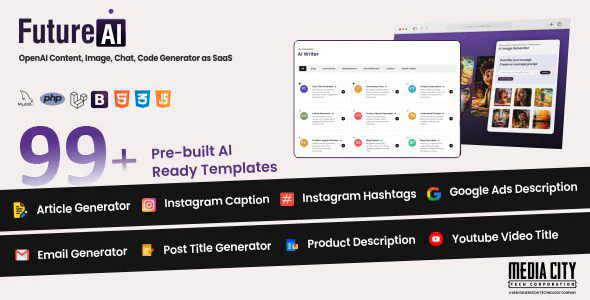With the advent of large language models (LLMs), software development is undergoing a transformative shift. Instead of relying on traditional programming languages, developers can now write "code" in their native tongue—be it English or another language. This raises an important question: will prompt engineering replace the traditional art of coding, or will software engineers who understand programming languages remain indispensable in future software development? To explore this topic, we spoke with Greg Benson, Professor of Computer Science at the University of San Francisco and Chief Scientist at SnapLogic.
The Rise of Prompt Engineering
Programming languages have long sought to abstract away the complexities of machine code, moving closer to natural language-like syntax. Early declarative languages like SQL were steps in this direction. However, the rise of LLMs marks a significant leap: natural language itself is becoming a programming medium.
According to Benson, prompts in LLMs can replace complex code, enabling developers to achieve tasks that would otherwise require intricate algorithms or time-intensive machine learning pipelines. For example, sentiment analysis, summarization, or extracting data from unstructured documents can often be achieved more efficiently with prompts than with traditional code.
“Prompts, in this sense, are programs,” Benson explains. However, prompts aren’t without challenges. A prompt that works well with one LLM might fail with another. Frequent model updates and inherent randomness in outputs add further complexity. Managing these unpredictabilities becomes crucial for integrating LLMs into applications.
Losing Control with Abstraction?
Unlike traditional code, prompts are not converted into programming language syntax but are directly interpreted by LLMs. This abstraction introduces a "black box" element. While this allows for rapid prototyping and results, it also means losing some control over how outputs are derived.
“To trust LLMs, rigorous evaluation is essential,” Benson advises. Developers must ensure that prompts and input data yield consistent and accurate results across different LLMs and versions.
The Future of Programming Skills
As LLMs advance, there’s growing concern about the erosion of foundational programming skills. Will future developers need to understand traditional programming languages? Benson believes that while many workers might create functional programs without a formal CS degree, the role of computer scientists will endure.
“There will always be a need for human expertise in computer science, much like in physics or biology,” he asserts. LLMs are tools to accelerate learning and development, not replacements for human creativity and knowledge.
Balancing Productivity and Agency
LLMs can enhance productivity, allowing developers to quickly prototype ideas. Yet, over-reliance on AI-generated code risks reducing developers to mere “copy editors.” Benson emphasizes the importance of maintaining a balance: “The future lies in leveraging LLMs while keeping humans in the loop, ensuring trust in the process.”
Prompt Engineering vs. Code
LLMs can perform tasks that would be challenging or near impossible with conventional code. For instance, extracting specific patterns from documents or generalizing from limited examples becomes feasible with prompts. However, choosing the right LLM is critical, as models vary in capabilities, domains, and features.
Benson encourages prompt engineers to stay updated on frontier models and open-source alternatives. Specialized LLMs, often available on platforms like Hugging Face, provide opportunities for privacy and domain-specific optimizations.
Advice for the Next Generation
To students and junior engineers entering the workforce, Benson offers this perspective: “You are witnessing the most significant technological advancement in decades. Embrace the opportunities. Coding assistance is changing software development and computer science education. This is a transformative, experimental era—don’t ignore it.”
A Collaborative Future
The question of whether prompt engineering will replace traditional coding is complex. Benson envisions a collaborative future where LLMs complement human expertise. By accelerating software development and enhancing learning, LLMs empower engineers to focus on creativity, innovation, and problem-solving—ensuring they remain integral to the evolving software landscape.
In the end, prompt engineering may not replace the coder’s art but will redefine how it is practiced, creating a synergy between natural language and technical expertise.










Comments (0)